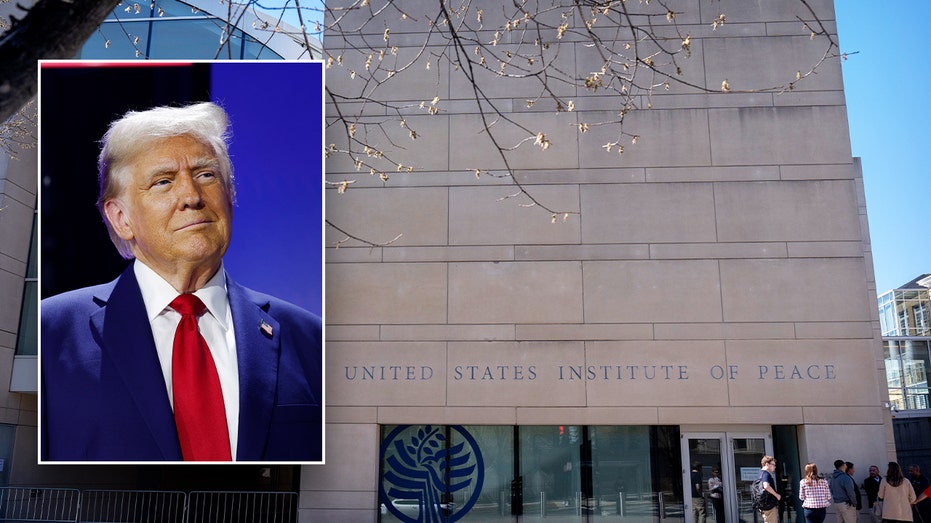Judge Denies Restraining Order Against Federal Agency Amid Dramatic Standoff

Sarah Johnson
March 20, 2025
Brief
A federal judge denied the U.S. Institute for Peace's request to block the Trump administration’s takeover, intensifying a fierce legal and political battle over executive power and agency control.
The ongoing battle between the Trump administration and the U.S. Institute for Peace (USIP) took a dramatic turn on Wednesday as a federal judge denied the nonprofit's request for a temporary restraining order against the Department of Government Efficiency (DOGE). USIP had alleged that DOGE had essentially stormed its headquarters, causing "literal trespass and takeover by force" alongside destruction of physical and electronic property. If true, that's not just governmental efficiency at work—it's practically a political action thriller.
In a lawsuit filed Tuesday, USIP argued that DOGE's actions were causing "irreparable harm" that could ultimately destroy the organization. While the accusations are heavy, Judge Beryl Howell wasn’t convinced. She called the complaint "confusing" and emphasized that the standards for emergency relief, like a TRO, are exceptionally tough to meet. Howell's sharp commentary on DOGE's treatment of USIP had an edgy vibe—she admitted she was offended but stressed that her personal concerns wouldn't sway her legal judgment. Uncomfortable? Yes. Legally compelling? Not really.
Judge Howell also pointed out that USIP's likelihood of success in the case was questionable. "Two of the most important tests, likely to succeed on the merits and likely to suffer irreparable harm, are just a stretch here," Howell stated. This decision leaves the nonprofit in a precarious position, fighting to maintain its ability to operate while the Trump administration pushes forward with its anti-waste agenda.
USIP, founded in 1984 under President Reagan, has long been a Congress-funded institution aimed at preventing violent conflicts and brokering peace abroad. Its website proudly declares its mission to protect U.S. interests globally and reduce risks of foreign wars. However, its refusal to comply with a February executive order from Trump to downsize federal bureaucracy earned the agency a target on its back. Eleven of its fourteen board members were fired last week, leaving only key figures like Secretary of State Marco Rubio and Secretary of Defense Pete Hegseth.
The White House wasted no time in defending its actions. "Rogue bureaucrats will not be allowed to hold agencies hostage," spokeswoman Anna Kelly said Tuesday, underscoring the administration's resolve to enforce its executive authority. While DOGE's tactics have raised eyebrows, the message from the Trump administration is clear: resistance will not be tolerated.
As USIP continues to grapple with the fallout, this standoff is shaping up to be a high-stakes test of governance and executive power. If this is the future of bureaucratic efficiency, we might need to redefine what "efficiency" really means.
Topics
Editor's Comments
DOGE’s alleged "takeover by force" reads more like a scene from a political drama than a government operation. If federal efficiency starts looking like a hostile takeover, we might be in for some very unconventional definitions of governance. Also, hats off to Judge Howell for calling out the confusion in the lawsuit—her bluntness was refreshing, even if it didn’t help USIP’s case.
Like this article? Share it with your friends!
If you find this article interesting, feel free to share it with your friends!
Thank you for your support! Sharing is the greatest encouragement for us.



